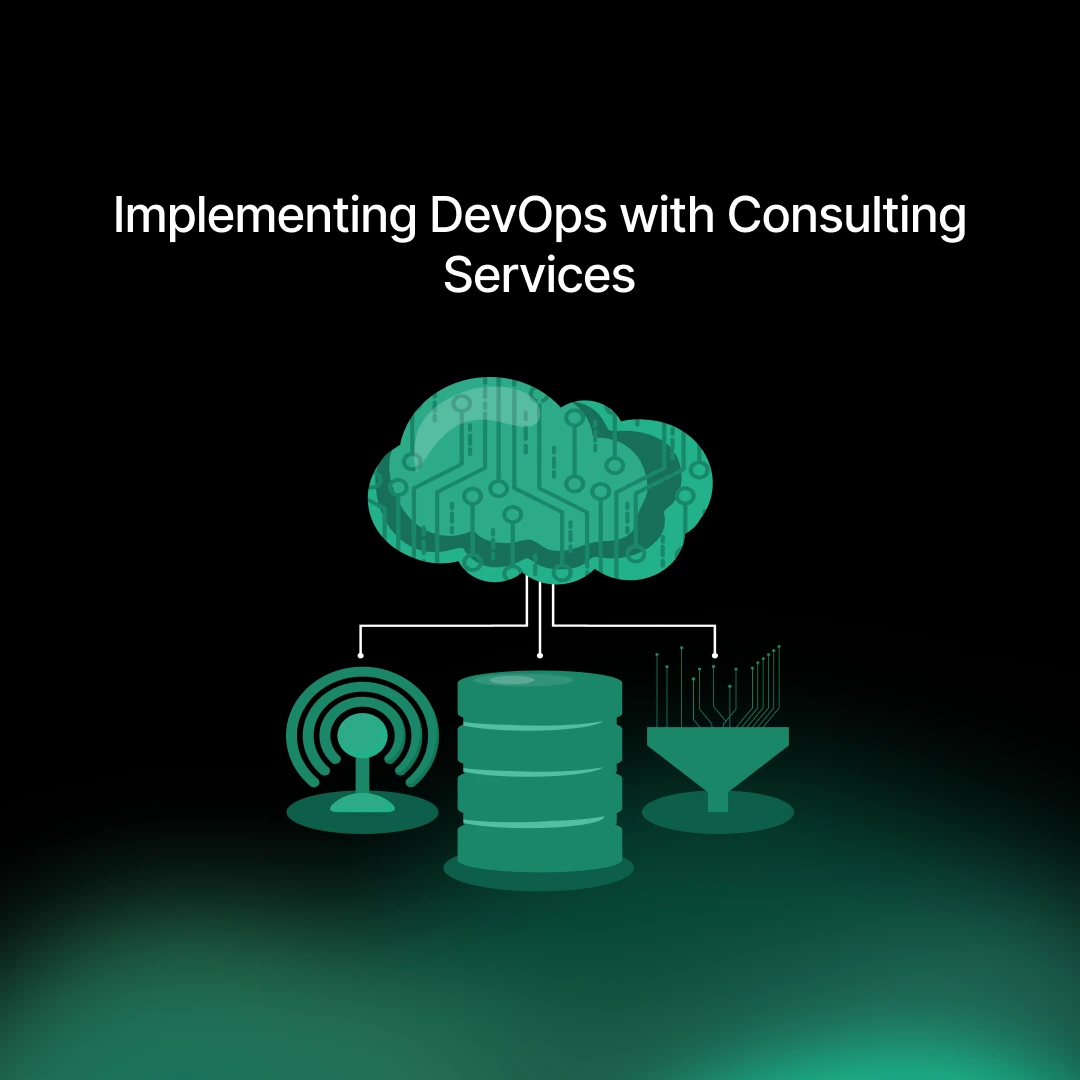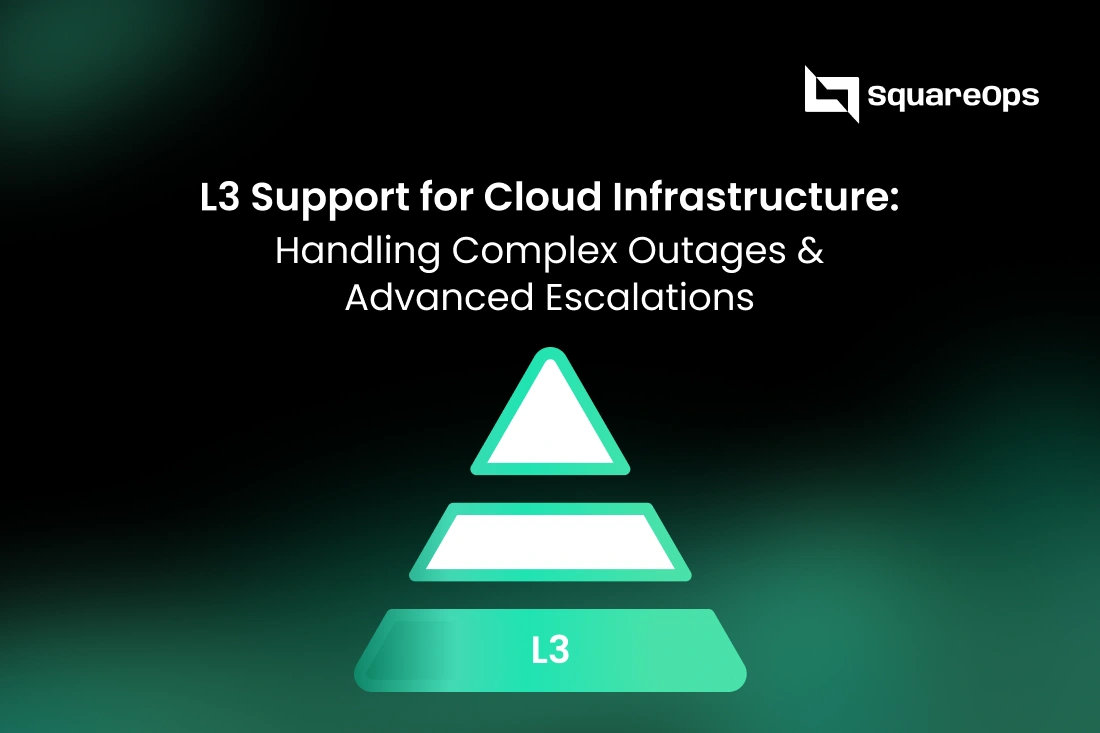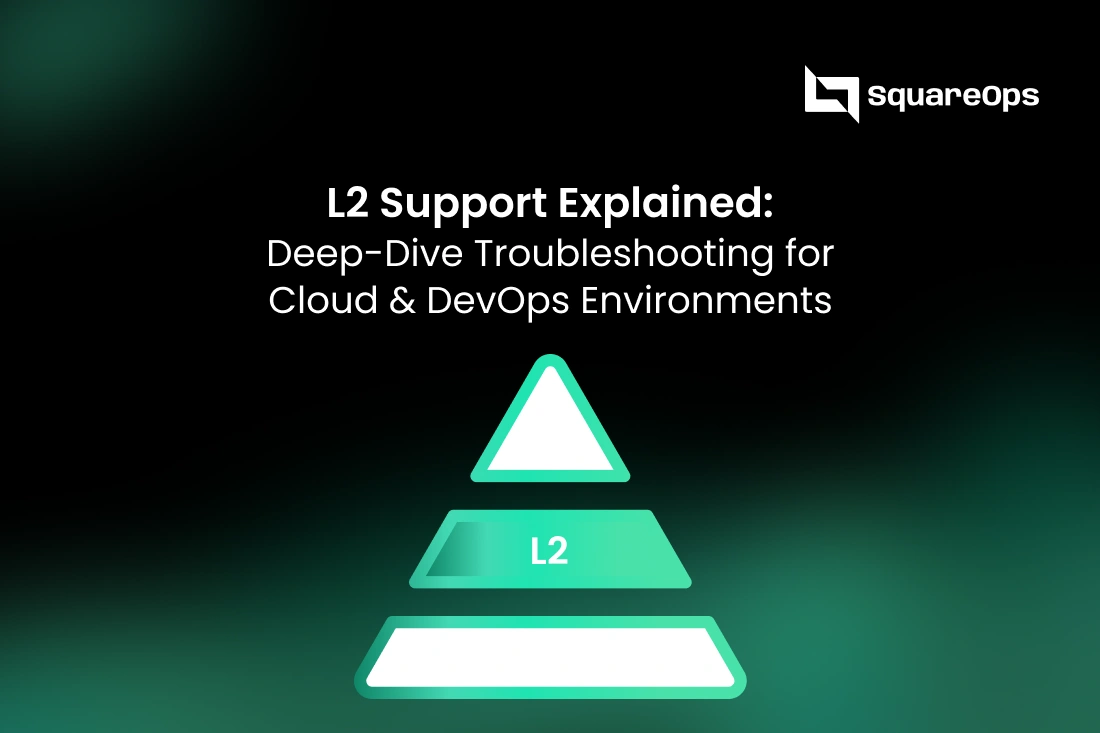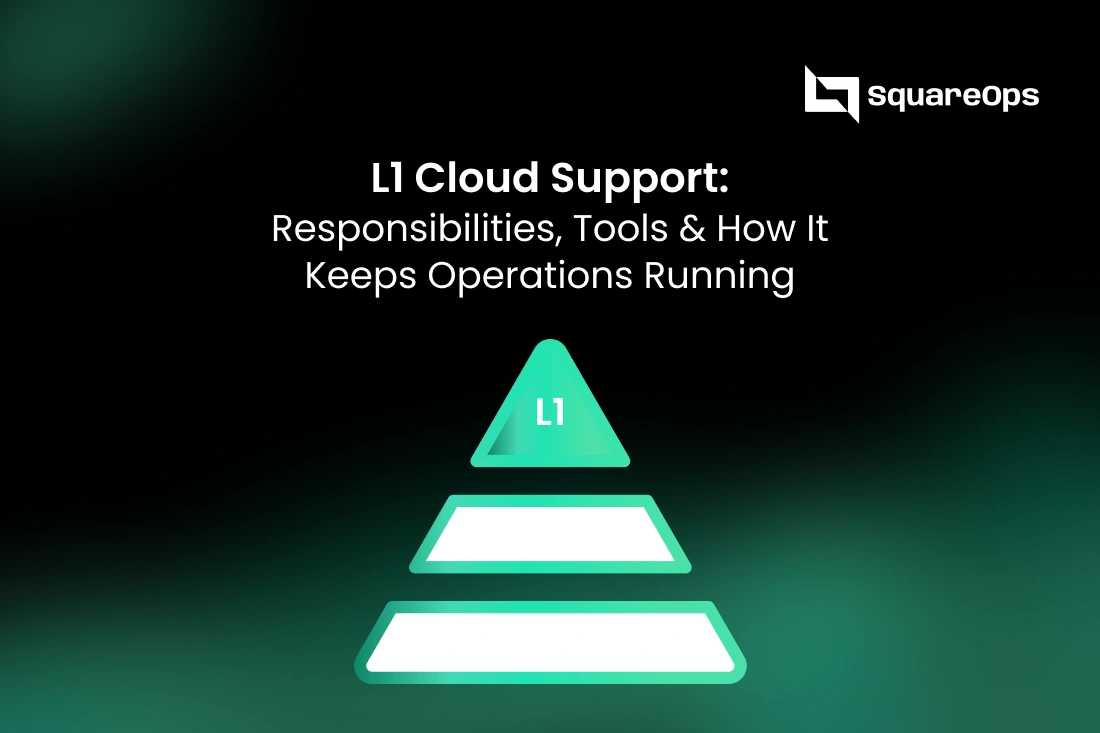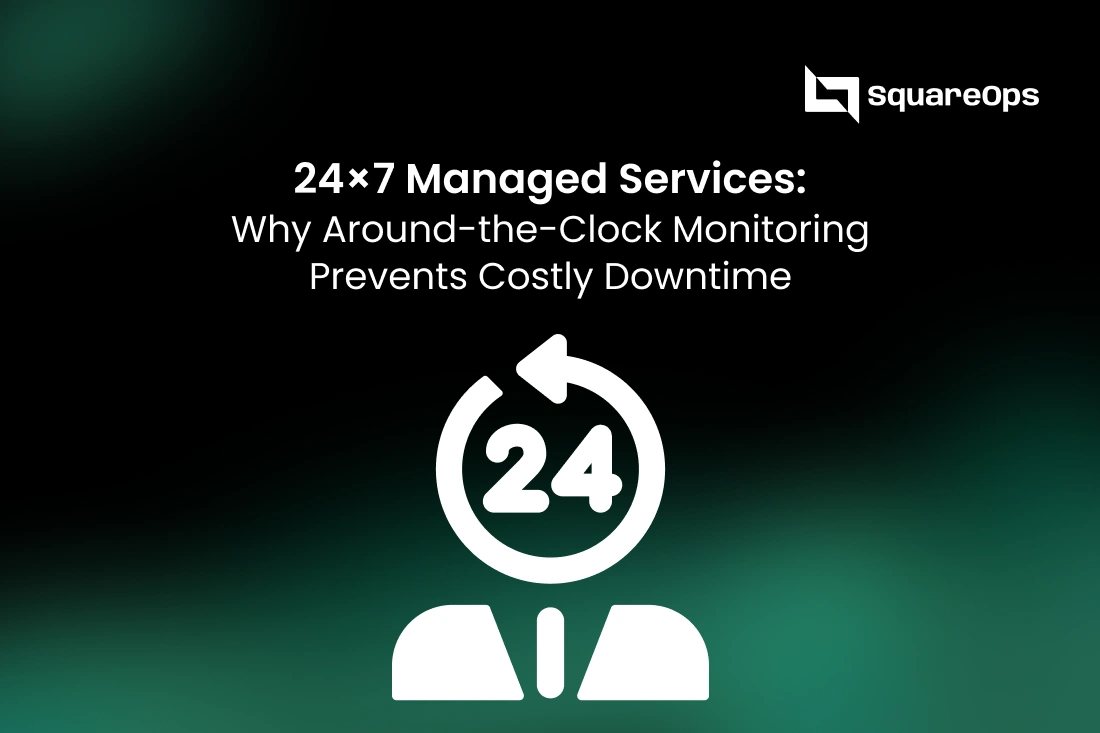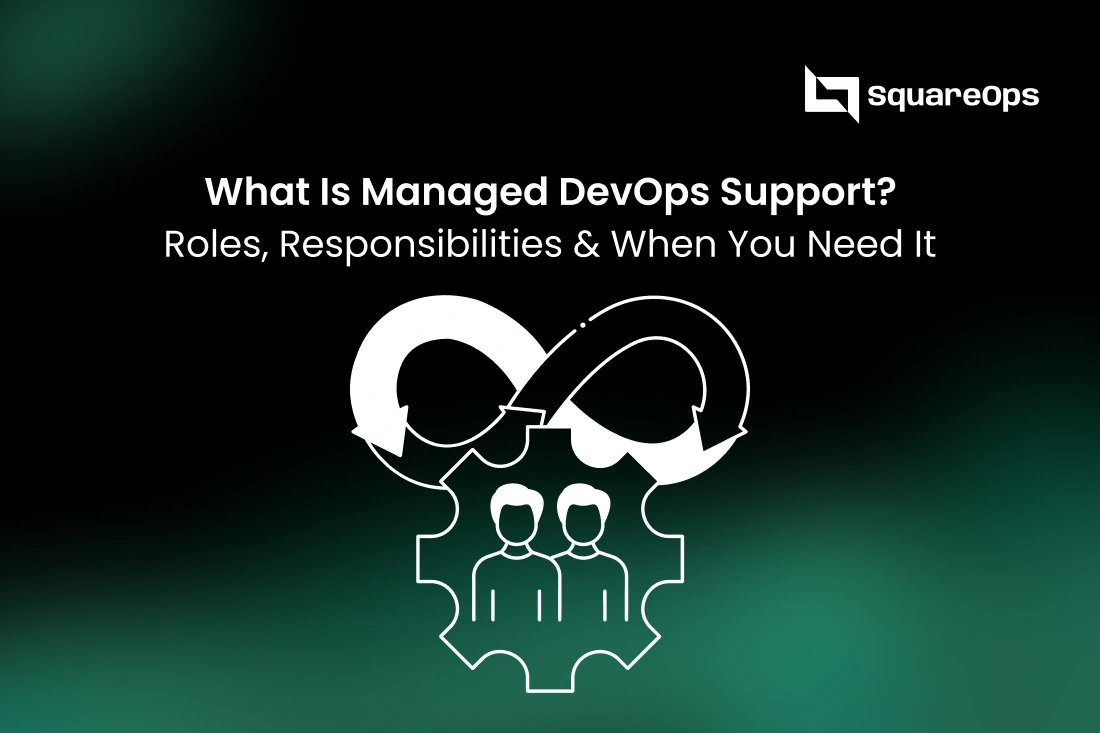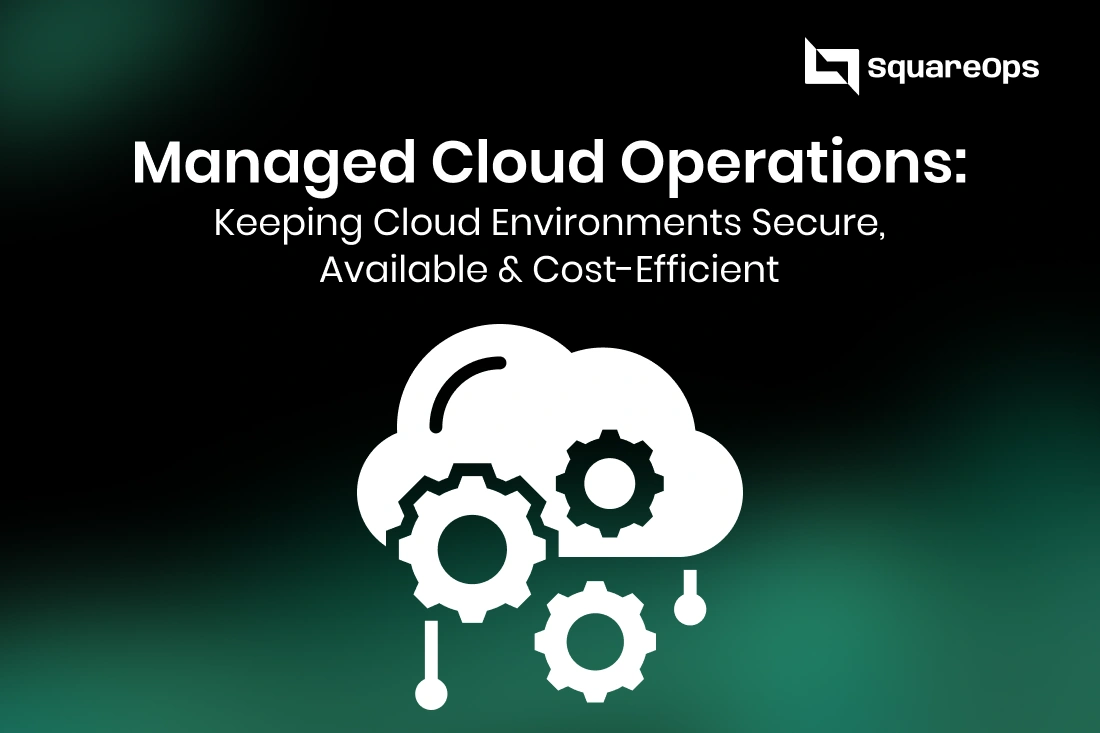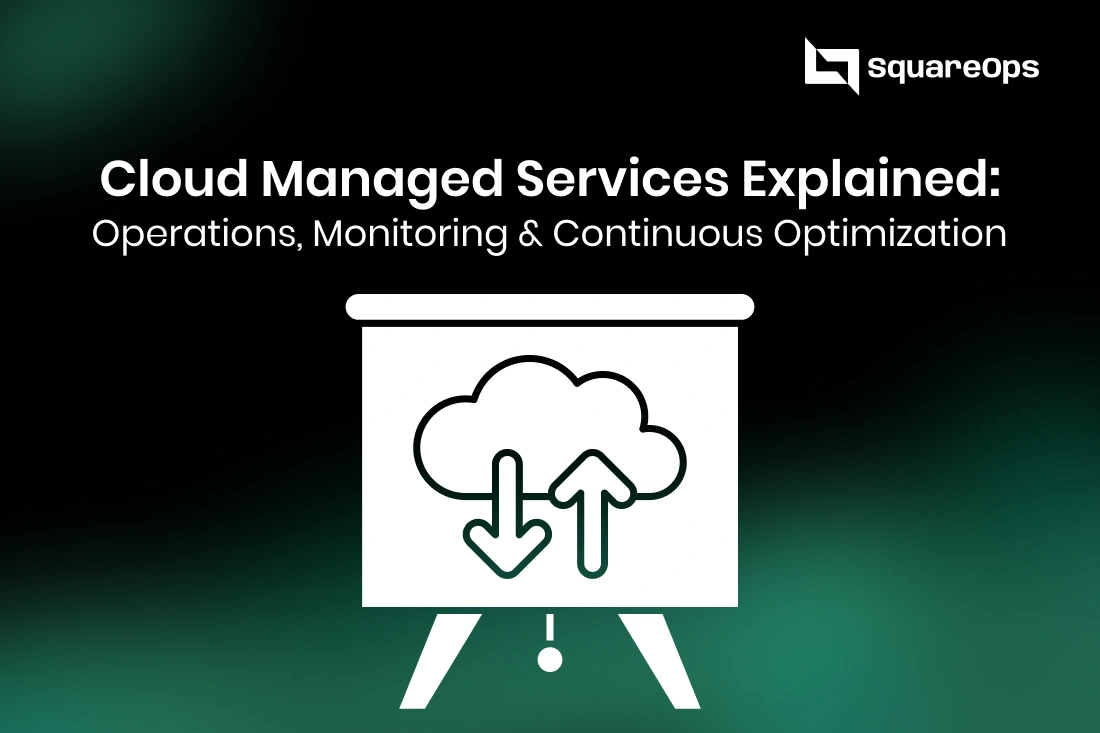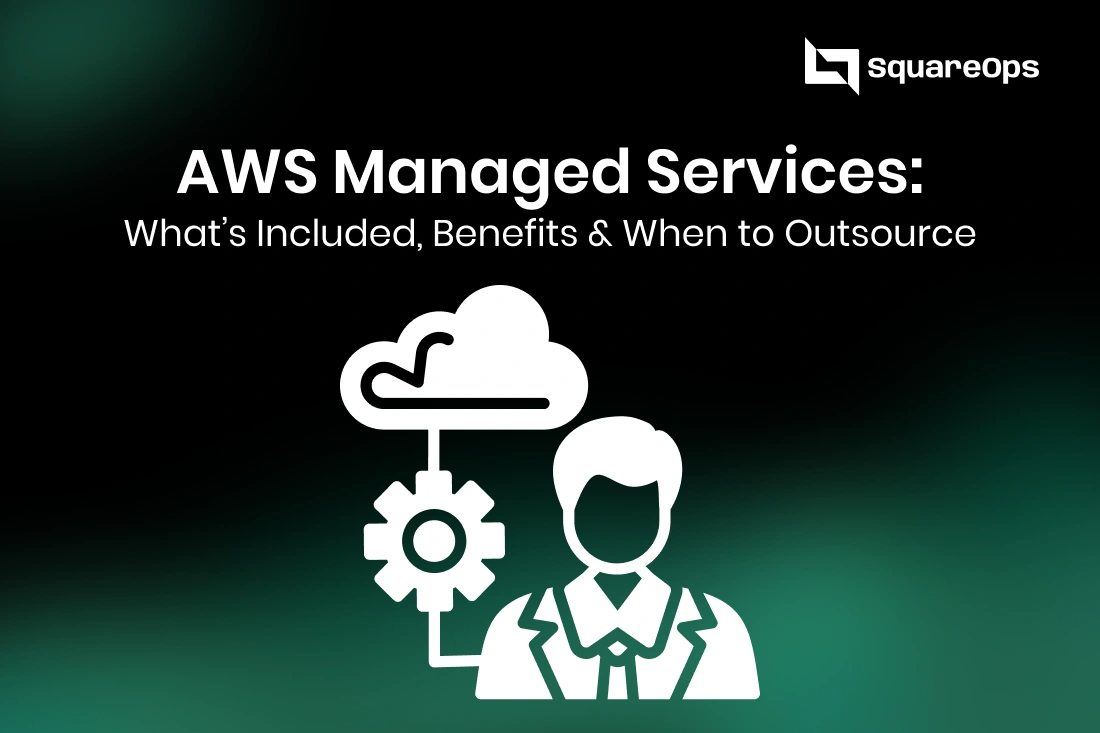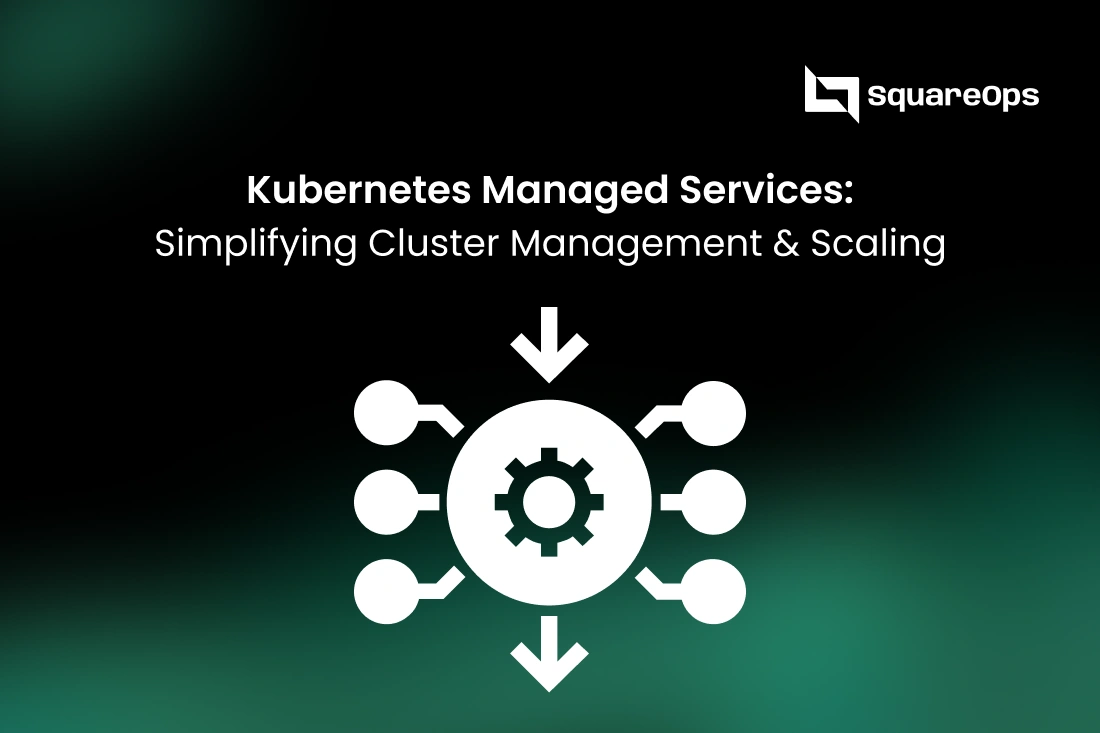Introduction
Implementing DevOps can transform how organizations deliver software, manage infrastructure, and improve operational efficiency. With the right consulting services, businesses can navigate the complexities of DevOps adoption and achieve tailored solutions for their unique needs. In this article, we explore the steps for integrating DevOps, the tools and technologies involved, common challenges, customization strategies, and the training and support offered by DevOps consultants.
Steps for Integrating DevOps in Your Organization
The journey to successful DevOps adoption requires a structured approach. Here are the key steps involved:
1. Assess Current Processes and Infrastructure
- Conduct a thorough analysis of your existing workflows, tools, and team structure.
- Identify bottlenecks, inefficiencies, and gaps that DevOps can address.
2. Define Objectives and Metrics
- Clearly outline the goals of DevOps adoption, such as reducing deployment times or improving system reliability.
- Establish key performance indicators (KPIs) like deployment frequency, lead time for changes, and mean time to recovery (MTTR).
3. Design a DevOps Roadmap
- Collaborate with consultants to create a step-by-step plan for implementation.
- Prioritize tasks such as setting up CI/CD pipelines, automating infrastructure, and integrating monitoring tools.
4. Implement CI/CD Pipelines
- Automate code integration, testing, and deployment using tools like Jenkins, GitLab CI/CD, or CircleCI.
- Ensure version control and testing workflows are seamlessly integrated.
5. Foster a Collaborative Culture
- Break down silos between development and operations teams.
- Use tools like Slack or Microsoft Teams to enhance communication and collaboration.
6. Monitor and Optimize
- Implement monitoring tools like Prometheus and Grafana to track system performance and identify issues in real-time.
- Continuously refine processes based on feedback and performance data.
Tools and Technologies Used in DevOps
DevOps relies heavily on tools and technologies to automate processes, ensure consistency, and improve efficiency. Here are the key categories and examples:
1. Version Control Systems
- Git: A distributed version control system used for tracking changes in code.
- GitHub/GitLab/Bitbucket: Platforms for repository hosting and collaboration.
2. CI/CD Tools
- Jenkins: An open-source automation server for building and deploying applications.
- GitLab CI/CD: Integrated CI/CD pipelines within GitLab.
- CircleCI: A cloud-based CI/CD solution for rapid deployments.
3. Containerization and Orchestration
- Docker: A platform for containerizing applications to ensure consistency across environments.
- Kubernetes: An orchestration tool for managing containerized applications at scale.
4. Infrastructure as Code (IaC)
- Terraform: A tool for automating infrastructure provisioning.
- Ansible: An automation tool for configuration management and application deployment.
5. Monitoring and Logging
- Prometheus: A monitoring tool for collecting and analyzing metrics.
- Grafana: A visualization tool for creating dashboards based on monitoring data.
- ELK Stack (Elasticsearch, Logstash, Kibana): A suite for centralized logging and analytics.
Common Challenges in DevOps Implementation
Adopting DevOps is not without its hurdles. Here are some common challenges and ways consulting services can address them:
1. Resistance to Change
- Teams may be reluctant to adopt new processes or tools.
- Consultants can provide training and foster a culture of collaboration to overcome resistance.
2. Tool Overload
- Choosing the right tools from the vast DevOps ecosystem can be overwhelming.
- Consultants help by recommending tools that align with your business goals and existing systems.
3. Skill Gaps
- Teams may lack the expertise required to implement and manage DevOps tools.
- Training programs and hands-on workshops can bridge these gaps.
4. Integration Complexity
- Integrating DevOps tools with legacy systems can be challenging.
- Consultants offer strategies to ensure smooth integration and minimal disruption.
5. Measuring Success
- Organizations may struggle to track the impact of DevOps.
- Establishing clear KPIs and using monitoring tools can provide actionable insights.
Customizing DevOps Solutions for Your Business Needs
Every organization has unique requirements, and a one-size-fits-all approach to DevOps rarely works. Customization ensures that DevOps practices align with your business goals and challenges.
1. Tailored Workflows
- Design workflows that match your team’s existing processes while incorporating DevOps principles.
2. Industry-Specific Solutions
- For example, e-commerce businesses may prioritize faster deployment times, while healthcare organizations focus on compliance and security.
3. Scalable Architectures
- Consultants can design cloud-native or hybrid architectures that scale with your business.
4. Tool Selection
- Choose tools that integrate seamlessly with your current tech stack and address your specific pain points.
5. Security and Compliance
- Implement security measures like automated compliance checks and secure pipelines tailored to your industry’s regulations.
Training and Support Offered by DevOps Consultants
A crucial aspect of DevOps consulting is empowering your team with the skills and knowledge to sustain and scale DevOps practices. Here’s what consultants typically offer:
1. Hands-On Training
- Workshops and training sessions on tools like Kubernetes, Jenkins, and Terraform.
- Best practices for CI/CD, monitoring, and infrastructure automation.
2. Knowledge Transfer
- Detailed documentation of workflows, configurations, and processes.
- Guidance on troubleshooting and optimizing DevOps workflows.
3. Post-Implementation Support
- Monitoring system performance and addressing issues as they arise.
- Providing periodic updates and recommendations for further optimization.
4. Long-Term Partnerships
- Many consultants offer ongoing support through retainer agreements to ensure continuous improvement.
Conclusion
Implementing DevOps with consulting services can accelerate your organization’s digital transformation and unlock new levels of efficiency, reliability, and scalability. By following a structured approach, leveraging the right tools, overcoming challenges, and customizing solutions to your business needs, you can maximize the impact of DevOps.
Partnering with experienced DevOps consultants ensures you have the expertise, training, and support required for success. Whether you’re just starting your DevOps journey or looking to refine existing practices, consulting services provide the guidance needed to achieve your goals. Take the first step today and transform your business with DevOps.
